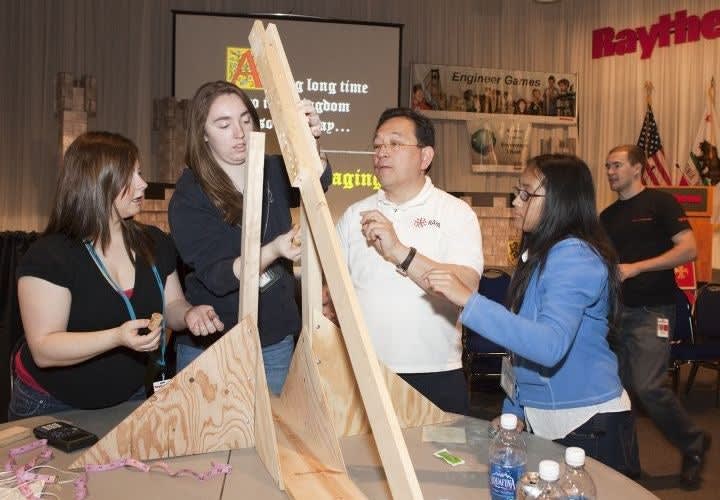In a life or death emergency, everyone counts on first responders to be quick, strong and competent. But do we expect them to be versed in science, math and technology? We should.
As technology continues to become more sophisticated, it's critical for public safety personnel to understand the many tools available to help them do their jobs. Whether the latest interoperable radio communications system, license plate recognition software or in-car video surveillance systems for officers on the beat, new technology enables first responders to work faster, more efficiently and in better coordination when it matters most.
For example, training in computer science could help better prepare detectives to lead investigations in cases involving cyber-crime. Officers working with bomb squads may benefit from knowledge of electronics, robotics and the chemistry of hazardous materials. Our ability to understand, operate and manage ever-expanding science and technology can potentially move the profession to new heights.
But when we look at how U.S. students fare against other nations in STEM (science, technology, engineering and math) subjects, it is not encouraging. According to one study, U.S. students rank 19th in math and 14th in science out of 31 countries listed by the Organization for Economic Cooperation and Development.
Luckily, these dismal facts can motivate action. Earlier this year, the president announced $250 million in funding for recruitment and training to increase the number and quality of STEM teachers.
Companies are stepping up as well. Raytheon's MathMovesU program engages middle school students in math by connecting it to their interests and exciting careers. Specialized education in public safety leadership can also prepare our community to better manage expanding technology available in our field. Just last year, Oklahoma State University approved a doctoral degree program in Fire Service Administration.
These programs are a step in the right direction. Greater focus on subjects that enable technology competency for future first responders can help them to better serve and protect our communities—and may ultimately save lives.













